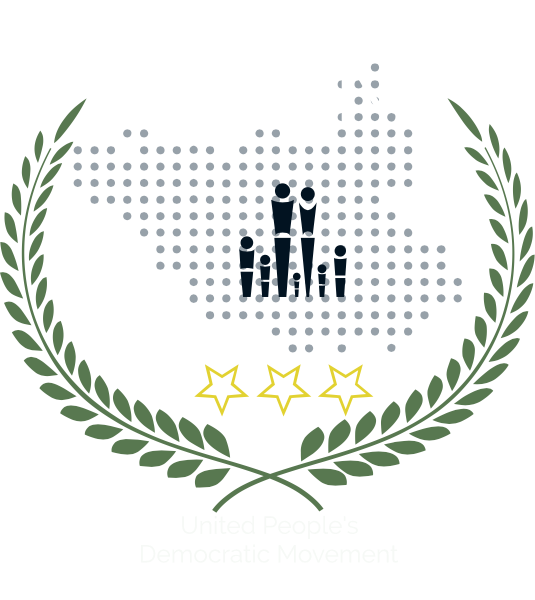A People’s Proposal for a Post IGAD South Sudan Peace Process
09 July 2018
Download Policy Brief: A Post IGAD Peace Process: options and supporting interventions
Abstract
The immediate reaction to the IGAD and Khartoum mediated Entebbe agreement was that it revealed severe structural defects that might very likely instigate the demise of the proposed governance arrangements.
This observation turned out to be true. The power-sharing formula is the same 2015 Agreement which aims to retain the status quo July 2016 ante. The central question on the system of governance is not well understood. It is not about the number of states; instead, it is about the devolution of political and fiscal powers to sub-national levels, it is also a question about segmented autonomy.
The Entebbe proposal is silent on these vital questions. As the IGAD, Kampala, Khartoum proposal does not raise the vital questions to address, it is therefore destined to fail.[1] Since there are no simple 1-2-3 steps to peace, there are necessary conditions to facilitate sustainable peace. This brief articulates a Post IGAD Peace Process and presents two options and supporting interventions to pursue. We sincerely hope it is a worthy contribution to the national debate and search for a practical framework in support and pursuit of sustainable peace in South Sudan.
Context
Despite five months of consultations before the talks, the IGAD and its mediators failed to bridge the rift between the warring parties. IGADs latest revised bridging proposal of 17thJune 2018 confirms its paramount objective to retain President Kiir’s Leadership and regime; rather than understand the dynamics and causes of the violence and its long list of failed intervention throughout the mediation process. It is presenting the same proposal again and again but with different theatrics and capital cities as a backdrop.
The economic and national security interests of IGAD countries (Uganda, Kenya, Ethiopia and Sudan), reaffirmsIGADs entrenched support for the incumbent administration in Juba. Many of the incumbent leaders have, time and again, undermined every effort to bring aboutgenuinepeace to the country; and an instinct to resort to violentbehaviour to retain power. IGADs interests are manifested in its lack of vision for a genuinely peaceful South Sudanese state and the welfare of its millions of suffering people. Itsrevised peace proposals and bridging document lack the measures necessary for developing a polity and governance matrix, able to confront and reversethe country’s legacy of injustice and partisanship, and its replacement with a sense of inclusiveness and fairness in the operationalisation of the South Sudanese Nation-State.
IGADs attempts to maintain the status quo, including its last-gasp attempt for a face-to-face agreement between the TGoNU President, Salva Kiir, and former Vice President, Dr Riek Machar Teny, and facilitated by the most unlikely mediators has beyond all doubt, shown it must now relinquish the mediation of the peace talks. Comparable to Maslow’s maxim, IGADs only toolto bring about peaceis a hammer; and that is why all of South Sudan’s problems, look like nails.6Presenting the same proposal again and again with different theatrics in different capital cities.
Now that South Sudan Opposition Alliance (SSOA) and other parties and stakeholders have categorically rejected IGADs latest mediated Entebbe Proposal on Governance, it is time to address the causes (social, cultural, economic and political underdevelopment) and drivers of the civil war and assign the right people and capacities to implement it rather than continue to dwell on sharing the public resources of a failed state, through short-sighted formulas of power-sharing.
There is now an opportunity for a fresh start towards lasting peace. Addressing security arrangements with the interest of the South Sudanese people in mind and judicial intervention, using an array of tools to create a conducive environment for a lean and a competent new interim government and administration. One that respects and can strengthen institutions and sustain long-lasting peace for the people.
There are now only two objectives to embark on such a quest: Kiir must go just like Desalegn left for the greater good of Ethiopia;Mugabe left for the greater good of Zimbabwe;Zuma left for the greater good of South Africa;Kiir MUST LEAVE for the greater good of South Sudan; and South Sudan must be made safe for all so that everyone can return home safely. Not least for an interim government led by technocrats[3]that guarantee the sovereignty of the country has ownership and direct responsibility for implementing the plans for reconstruction and implements sound macroeconomic policies that are essential for long-term peace and stability.
Download Full document: A Post IGAD Peace Process: options and supporting interventions
